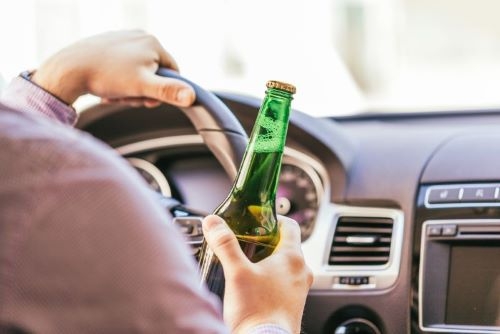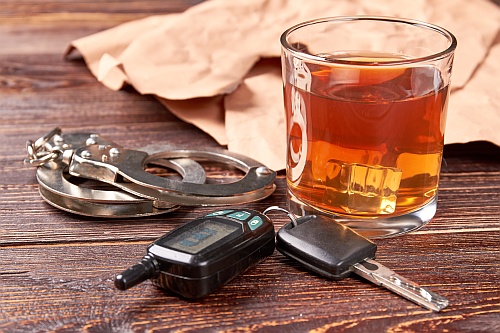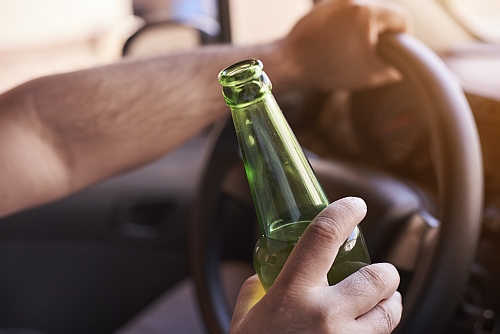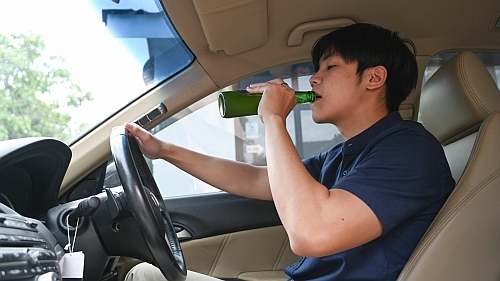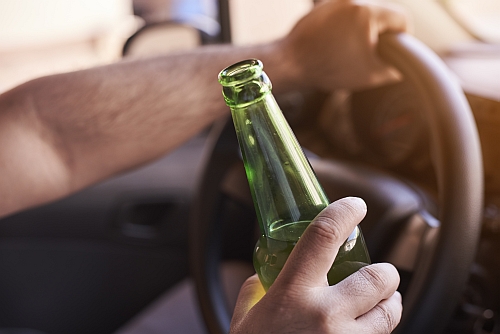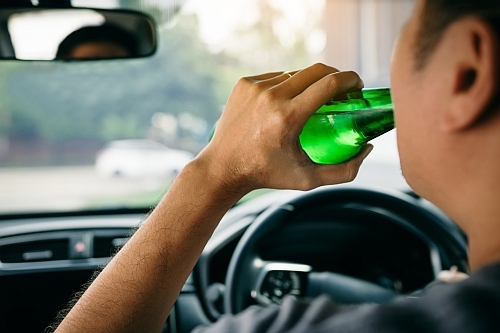- November 30, 2023
Have you ever wondered what exactly counts as evidence for a DUI conviction? Maybe you’ve found yourself in the unfortunate position of being pulled over after one too many drinks. Or maybe you’re just curious about how the legal process works.
Convicting someone of a DUI is not as simple as the cop saying you seemed drunk. Actual evidence is needed. An experienced Charleston DUI lawyer can evaluate the evidence against you, challenge improper police procedures, and fight to get the charges reduced or dropped.
Read on to learn what kinds of evidence could be used against you in court and what might get a DUI charge reduced or even dropped. If you’re facing DUI charges in Charleston, contact our law firm today for a free consultation.
Blood, Breath, or Urine Test Results
To get a DUI conviction, the prosecution needs solid evidence. A blood, breath, or urine test is usually their smoking gun. Driving a vehicle with a BAC of 0.08% or higher is illegal in South Carolina.
The officer likely had you blow into a breathalyzer at the scene. Breathalyzers estimate your BAC based on the amount of alcohol in the air you breathe out. A lawyer may be able can challenge breathalyzer results in some cases, such as if the machine isn’t calibrated properly.
A urine test, while less common, also measures the amount of alcohol in your system. If you submit to a blood test, the results will indicate your blood alcohol concentration (BAC) at the time of the test.
If your BAC level is at least 0.05 percent but less than 0.08 percent, your BAC level may be considered along with other evidence of impairment.
Field Sobriety Tests
To determine if you’re too impaired to drive, the officer may ask you to perform field sobriety tests. These psychomotor tests evaluate things like your balance, coordination, and ability to follow directions. Here are three common tests.
- Walk and Turn: Walk heel-to-toe in a straight line, turn, and walk back. Losing your balance or stepping off the line could indicate intoxication.
- One-Leg Stand: Balancing on one leg, holding the other leg up. Swaying, hopping, or putting your foot down could suggest impairment.
- Finger to Nose: Touch the tip of your thumb to the tip of your index finger, then touch your nose. Missing your nose or fumbling the test may show intoxication.
Refusing to take these voluntary tests cannot be used as evidence in court. However, refusing may lead to a required breathalyzer or blood test and look suspicious to the officer and jury. Poor performance in field sobriety tests can be used as evidence against you.
Dashcam or Bodycam Footage
Dashcam or bodycam footage provides visual evidence that can be crucial for getting a DUI conviction. If officers had footage of you swerving, speeding, or breaking traffic laws before pulling you over, that’s compelling evidence for the prosecution.
Any footage of you struggling or refusing to take field sobriety tests will likely be used as evidence that you were inebriated behind the wheel. Footage of you arguing, making excuses, or denying that you had been drinking could be used to argue that you lacked sound judgment at the time.
Circumstantial Evidence Like Empty Containers or Odor
Even without a breathalyzer or blood test, prosecutors may use circumstantial evidence that indicates you were intoxicated while driving. Things like the odor of alcohol on your breath or in the vehicle, slurred speech, red or glassy eyes, and impaired coordination or balance can all point to intoxication.
Empty containers in your car, especially around the driver’s seat, suggest you were drinking shortly before or while driving. While circumstantial evidence alone may not conclusively prove intoxication, combined with officer testimony about your condition and behavior at the time of arrest, it can be quite damning.
Reach Out to an Experienced Charleston DUI Lawyer
If you’ve been charged with drunk driving, your future is at stake. Don’t go through this alone. An experienced Charleston DUI lawyer can evaluate the evidence against you, challenge improper police procedures, and fight to get the charges reduced or dropped.
Ryan Schwartz of Charleston DUI Guy has been defending clients for years. We’ll sit down with you for a free case review and help you understand your legal options.
Don’t wait. Call us today at (843) 277-8711 to schedule your free consultation. The sooner we get involved in your case, the better chance we have of achieving the best possible outcome. You deserve aggressive legal defense, and we’re here to provide it.
